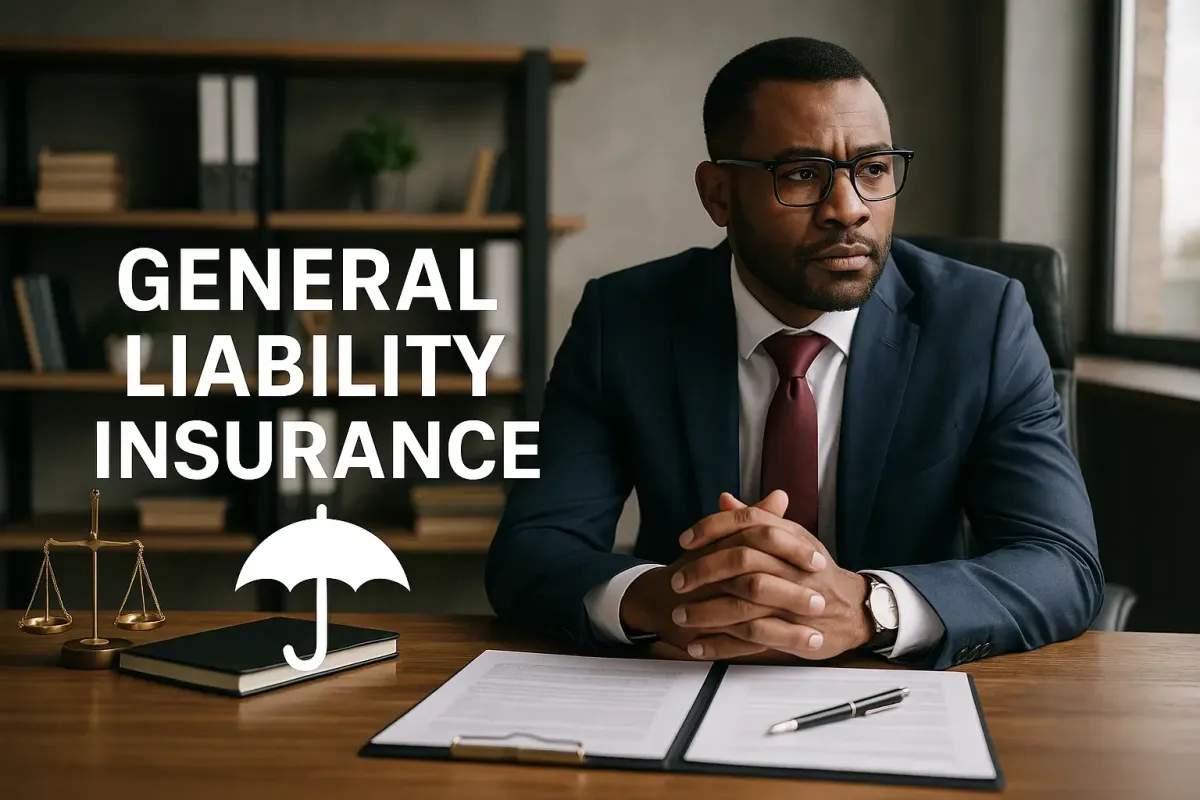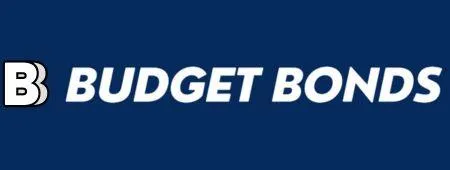
Types of General Liability Insurance – BudgetBonds
General Liability Insurance: A Spectrum of Protection for Every Business
Running a business means taking risks. Whether you operate a bustling retail store, manage a construction crew, or own a consulting firm, accidents can happen at any time. Picture this: a customer slips and falls in your shop, an employee accidentally damages a client’s property, or an advertising misstep leads to a legal battle. Even the most cautious businesses can’t control every outcome. That’s why general liability insurance is essential—it’s the financial shield that keeps your business safe when the unexpected strikes.
But don’t be fooled: general liability insurance isn’t a cookie-cutter solution. It’s an adaptable, customizable safeguard that can be tailored to the unique risks of any industry, business size, or growth stage. From a home-based entrepreneur to a national corporation, the right general liability policy can mean the difference between recovery and financial ruin.
What is General Liability Insurance? Your Business’s Core Coverage
At its heart, general liability insurance protects your company from third-party claims—those brought by people or businesses outside your organization. It steps in when someone claims you caused them harm, be it bodily injury, property damage, or even personal injury through your advertisements or communications.
Why Every Business Needs General Liability Coverage
Even with the best safety measures, one accident can result in overwhelming costs. If a customer trips over a misplaced extension cord or an employee’s actions accidentally damage a client’s property, your company could face medical bills, repairs, or even lawsuits. General liability insurance covers these expenses, so you don’t have to drain your business’s savings or face bankruptcy.
Key Coverage Areas:
Bodily Injury: Medical costs if someone is hurt due to your business activities (e.g., slips, falls, or other accidents).
Property Damage: Repairs or replacement if your business damages someone else’s property.
Personal & Advertising Injury: Legal defense and settlements for claims of libel, slander, or copyright infringement arising from your marketing or communication efforts.
Learn more about essential coverage for your company’s risks on our Services page.
What Does General Liability NOT Cover?
While general liability insurance is broad, it isn’t all-encompassing. Understanding these limitations is key to building a comprehensive risk management plan for your business.
Common Exclusions:
Professional Errors & Omissions (E&O): Mistakes in your advice or services aren’t covered. This requires a separate E&O policy.
Workers’ Compensation: Employee injuries or job-related illnesses fall under workers’ comp insurance.
Commercial Auto Liability: Accidents caused by business vehicles need a commercial auto policy.
Cyber Liability: Data breaches, hacking, or cyberattacks require specialized cyber insurance.
Actionable Tip:
Don’t leave your business exposed—ask about package policies or bundled solutions that address every coverage gap. Compare options via our Contact Us page.
Tailoring General Liability: Limits, Deductibles, and Endorsements
No two businesses are exactly alike, so your insurance policy shouldn’t be either. The flexibility of general liability insurance means you can fine-tune your coverage to fit your industry, client contracts, and business size.
Understanding Policy Limits and Deductibles
Per-Occurrence Limit: The maximum your policy will pay for a single claim.
Aggregate Limit: The total your insurer will pay for all claims during your policy period.
Deductibles: The amount you pay before insurance kicks in—choose a level that fits your cash flow and risk tolerance.
Using Endorsements to Customize Protection
Endorsements are policy add-ons that address risks unique to your business. Examples include:
Contractual Liability: Covers liabilities you agree to under certain contracts.
Damage to Premises Rented to You: Pays for damages to property you lease.
Liquor Liability: A must for bars, caterers, or venues serving alcohol.
Non-Owned and Hired Auto Coverage: Protects when employees use personal vehicles for business tasks.
Explore more coverage add-ons for your sector on our Services page.
General Liability Insurance by Industry: Customized Coverage
Retail, Restaurants, and Service Businesses
With constant customer interaction, these businesses are exposed to frequent slip-and-fall accidents, product liability issues, and property damage claims. For example, if a shopper in your boutique falls and breaks a wrist, general liability covers the medical bills and legal costs.
Construction and Trade Contractors
Construction brings higher risks—heavy machinery, active worksites, and ongoing projects at client locations. Typical claims include property damage during renovations or injury to a passerby near a jobsite. Coverage for completed operations is also critical: if your work causes damage after the project ends, you’re protected.
Technology, Consulting, and Professional Services
Even companies not focused on physical products or spaces still face liability risks. Clients can trip in your office, or you could accidentally damage property during a site visit. While E&O insurance covers professional mistakes, general liability handles the physical risks.
Real-World Examples
A food truck vendor’s sign falls and injures a bystander at a festival. General liability pays the medical bills.
A landscaping company accidentally knocks over a customer’s mailbox while mowing. The cost of repair is covered.
An advertising agency faces a lawsuit for a social media post a competitor claims is defamatory. The policy steps in to handle legal defense.
Business Size Matters: Scaling Your Protection
Small Businesses & Startups
Budget is always a concern for new ventures, but going without coverage is too risky. Look for policies with flexible limits and basic endorsements. Many landlords and clients require proof of insurance to sign leases or award contracts.
Tip:
Start with foundational protection, then scale up as your business grows.
Growing Companies
As your business expands, so do your risks. More clients, employees, and locations mean you’ll need higher limits and more customized coverage. Review your policy every year—or after any major change—to ensure you’re protected.
Large Corporations
With large teams and complex operations, corporations need comprehensive risk management strategies. General liability is just one piece; umbrella and excess liability policies provide extra protection against catastrophic claims. A strong insurance partner can help you build a layered defense.
How to Choose the Right General Liability Insurance
1. Assess Your Business Risks:
Walk through your space, review your operations, and identify every way an accident or lawsuit could occur. Be honest about weak spots.
2. Consult a Trusted Insurance Professional:
An experienced broker can analyze your risks and match you with the right policy, limits, and endorsements for your industry and budget.
Meet our expert team on the About page or connect for personalized guidance.
3. Compare Quotes and Coverage Details:
Don’t settle for the first offer. Get several quotes, review what each covers, and understand the policy’s fine print.
Pro Tip:
A policy that costs slightly more might offer critical benefits—like higher legal defense limits or broader endorsements—when you need it most.
Conclusion: Proactive Protection for Your Business’s Future
General liability insurance is more than a box to check—it’s a flexible, foundational safeguard every business needs. It keeps you in business after the accidents, injuries, or legal disputes no one expects. With customizable limits, industry-specific endorsements, and expert support, you can tailor protection for your unique risks.
Don’t wait until disaster strikes. Proactively review your needs, consult with specialists, and secure a general liability policy designed for your business today.

